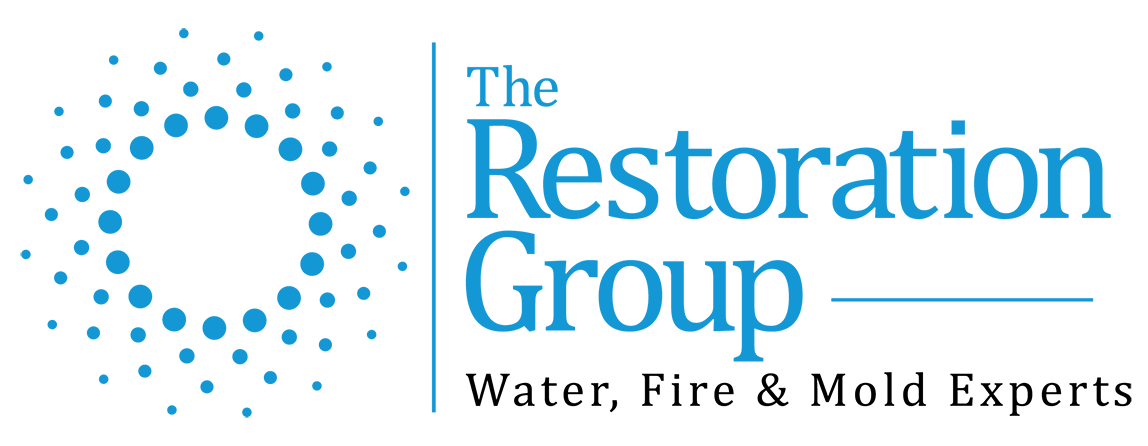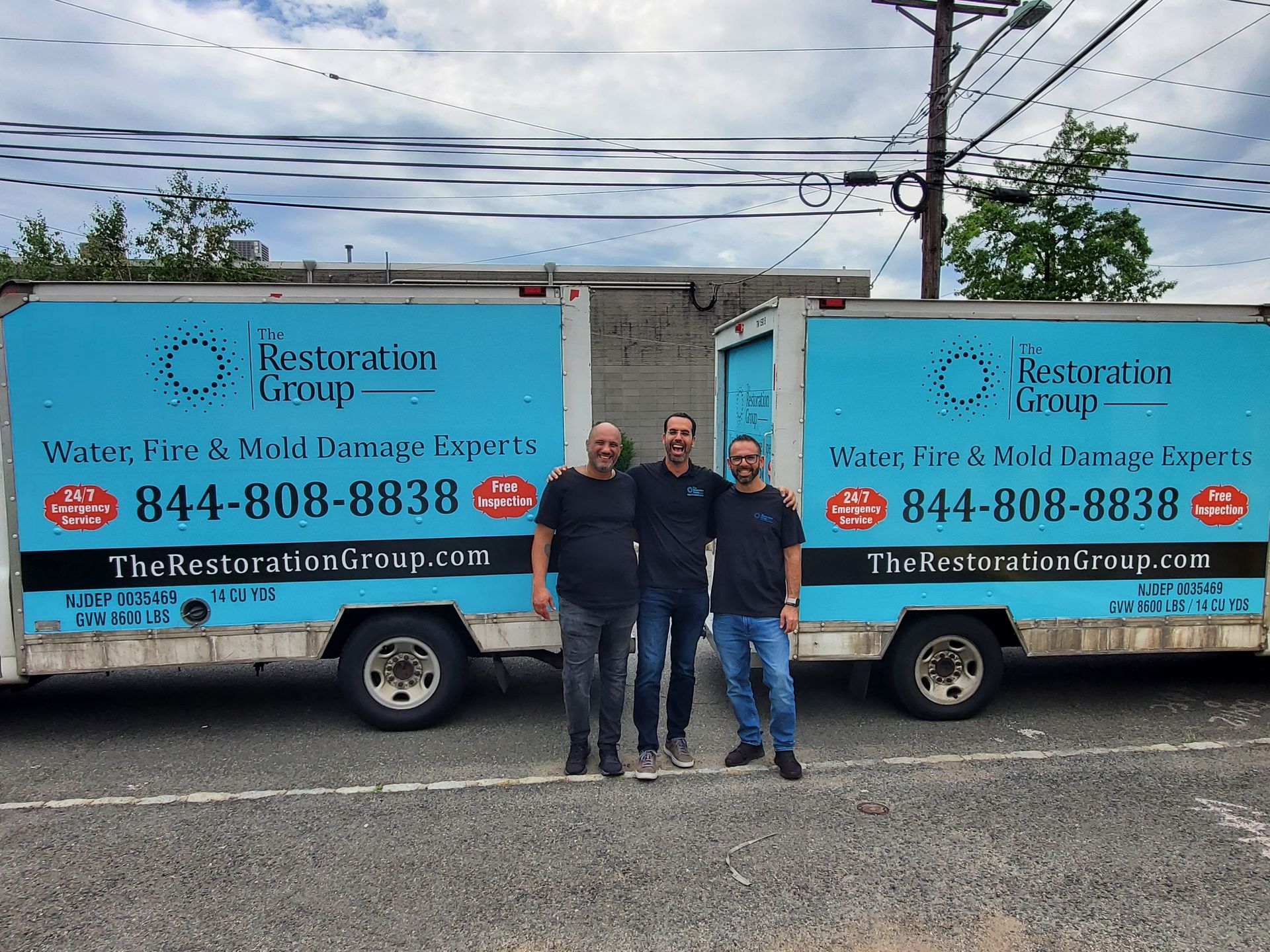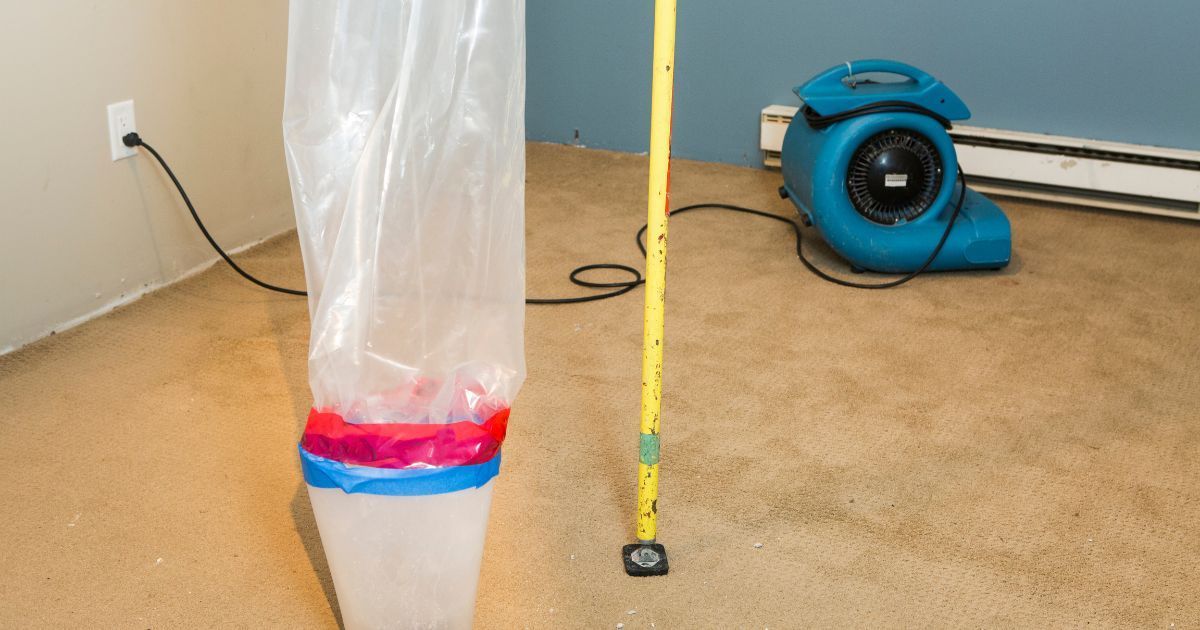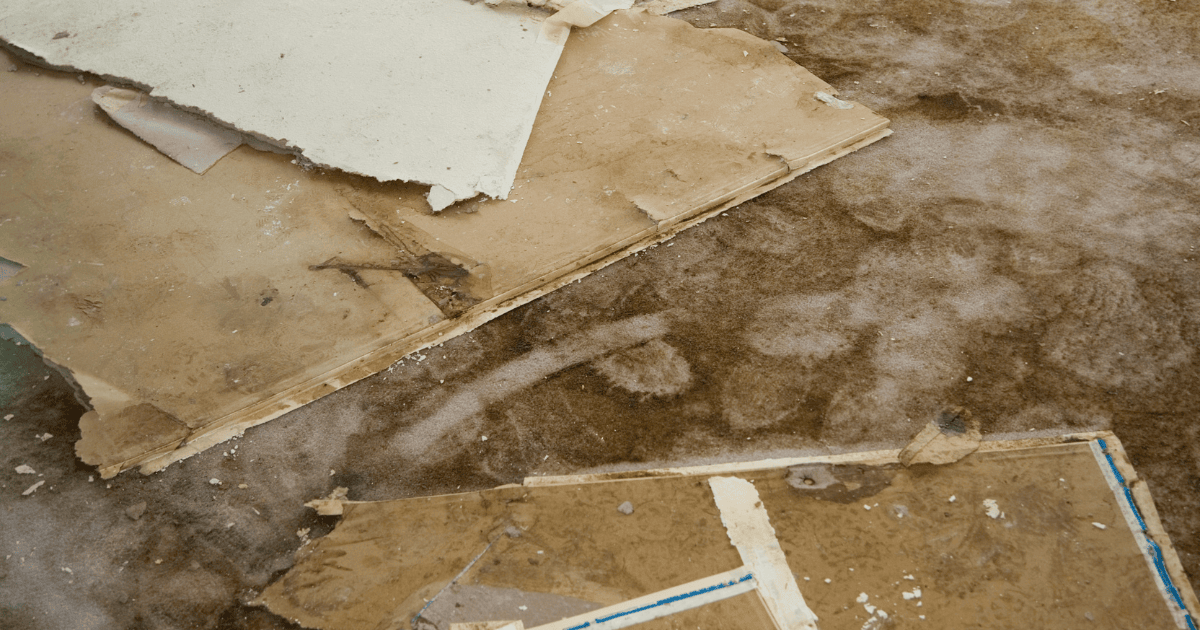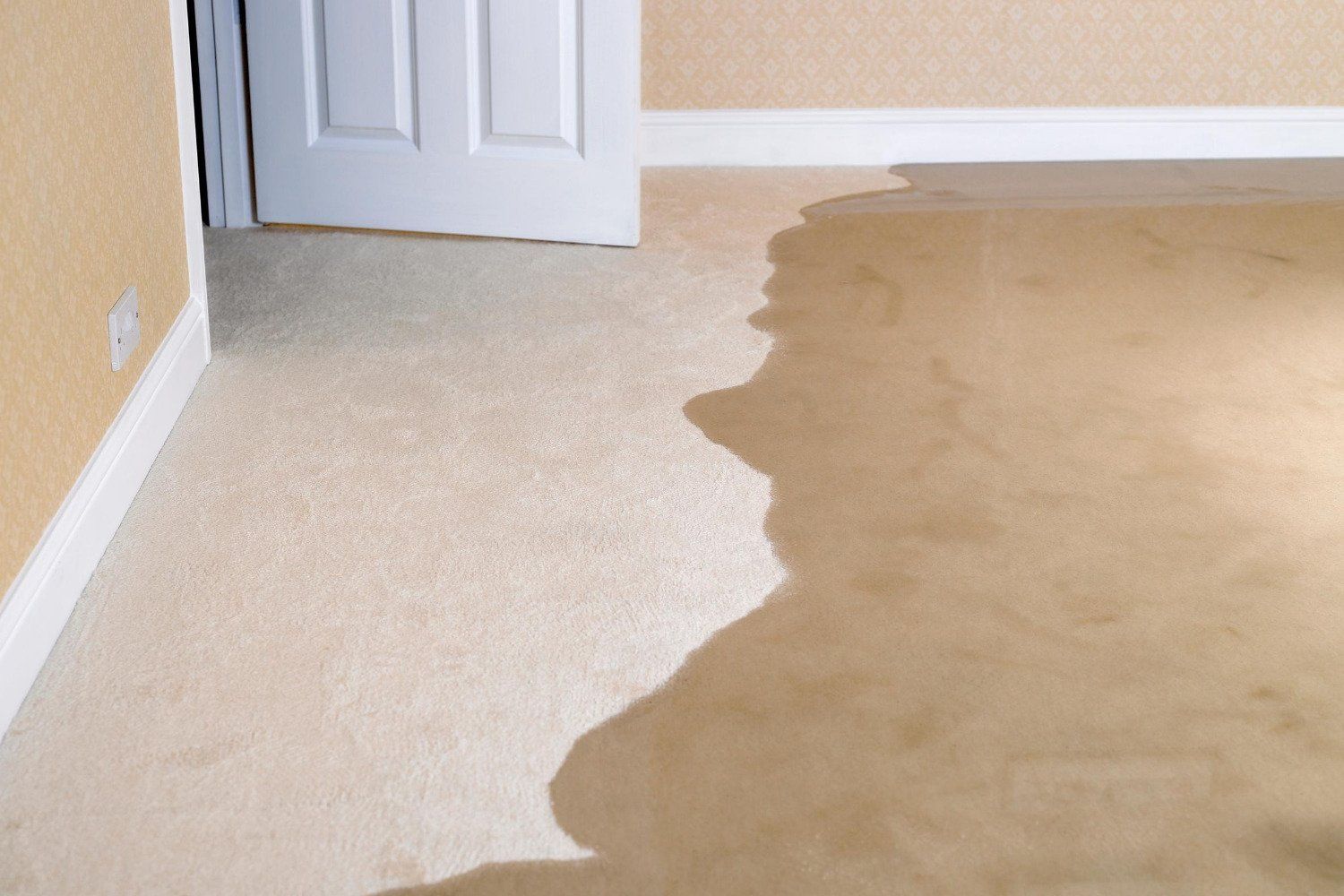
Water leaking through the ceiling may present itself in various ways. In many cases, the leak will appear as a dark spot that keeps growing over time, a continual drip of water, or damaged ceiling or drywall.
Often, these symptoms point to bigger plumbing or roofing problems that need professional intervention. But what can a property owner do before they call in the experts? This post highlights a few tips on dealing with ceiling water damage.
Catch the Water
Water leaking through the ceiling may damage just about everything underneath, from furniture to flooring. Place a bucket, large bowl, or tarp directly under the leak to collect the dripping ceiling water. Do the same for any other leaks, and don’t forget to empty the buckets regularly to prevent overflowing.
If the leaking water appears to be dripping from multiple spots or pooling under the ceiling, use a sharp tool to create a small hole at the center of the leak. Leaking water will flow through the hole rather than spread out and potentially cause more damage.
Exercise extreme caution and place something to catch the water before making the hole in the ceiling.
Move or Cover Furniture
Move furniture and any other moveable items to prevent them from getting wet. If something proves difficult or impossible to move, cover it with a waterproof material such as a waterproof tent, plastic or tap sheeting, or vinyl tablecloth.
Keep the Floor Dry
Use a mop, old towels, or a wet/dry vacuum to soak up any water on the floor as soon as possible. Maintaining a dry floor helps prevent water damage, mold, and mildew infestation.
Troubleshoot the Cause of the Leak
A pipe may leak through the ceiling for various reasons. Common culprits include corrosion, aging, excessive water pressure, and loose pipe connections. A pipe clog can also cause a pressure buildup that eventually springs a water leak.
Spotting the source of a leak in the ceiling may prove challenging. Water can travel an impressive distance from the initial leak, making it even more challenging to pinpoint the source.
However, the weather outside will give any homeowner a clue as to the source of the leak. If the ceiling water damage occurs when it's raining, a roof leak is likely to blame. Water leaking in the absence of rain, on the other hand, points to a plumbing issue.
If water leaks through the ceiling from an upstairs bathroom with no obvious source, check the following plumbing fixtures.
The Toilet
Toilets have a wax ring that seals the gap between the toilet and the floor. A faulty wax ring will allow water to leak into the subfloor and ceiling below. Stay alert for the following symptoms of wax ring issues:
- An unpleasant odor
- Water on the floor near the toilet’s base
Sometimes, a wax ring leak will allow water straight into the subfloor without visible signs of water on the floor around the toilet.
The Shower
Water leaking while the water is running narrows down the problem to a potentially damaged shower faucet or a damaged tile in the shower. If the leak continues even after shutting off the shower, the water supply pipe inside the wall or subfloor may have developed a leak.
The Sink
Sinks rely on gaskets and washers at various connection points to form secure seals. A leaky sink often boils down to gasket or washer issues in the faucet or drain assembly. Check for any loose pieces and tighten any loose connections to ensure a good seal.
Call a Plumber or Roofer
Even in seemingly obvious situations, such as when the ceiling water damage appears directly below an upstairs bathroom, the leak may still come from several potential sources. That’s where seeking professional expertise comes in handy.
A certified plumber or roofer will use their knowledge, experience, and specialized equipment at their disposal to identify the cause of ceiling water damage.
Quality Restoration Services
No property owner wants to wake up to water leaking through their ceiling. Knowing what to do when it happens helps prevent further damage and makes it easier for the water damage restoration team to do their job.
Trust The Restoration Group for first-rate damage restoration services throughout Central New Jersey. The company serves residential and commercial clients in the region and backs their work with a three-year warranty.
Call the professionals at
The Restoration Group at (732) 334-3620 to schedule damage restoration services anytime, 24/7, or submit a request via
our online contact form.
More To Explore
24/7 Emergency Damage Restoration Services
GET A FREE QUOTE TODAY
We are IICRC certified and hire only the most trustworthy and dedicated team members to ensure that each job is taken seriously and handled with absolute professionalism.
